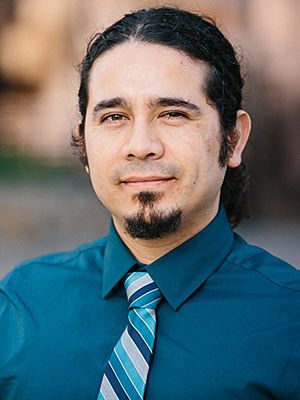
COVID-19 HIT THE U.S. AND AWP 2020 ATTENDEES FROM AROUND THE COUNTRY PULLED OUT. SO WHAT ARE WE GOING TO DO ABOUT ALL THE FABULOUS NEW BOOKS WE’D PLANNED TO PROMOTE?
After feeling down about having to cancel my own plans to head to AWP, I decided to do something about it. I’ve created a virtual space to host (way) off-site readings for writers with new books who’d planned on doing live readings at AWP. This isn’t something I’ve done before, so it might get a little messy. You can find the channel here, though it won’t start getting populated until late Saturday night, March 7.
How This Will Work
- I’ve created a YouTube channel called “Way Off-Site 2020.” I will post videos on this channel from anyone who submits videos that meet my call for submissions by this deadline: Saturday, March 7, 2020 at 9 p.m. EST.
- Videos will go live on Way Off-Site 2020 on Sunday, March 8. Where it makes sense (and if I have time), I’ll try to group videos into playlists organized by press.
- I (and, hopefully, you) will then MADLY share these videos with others to spread the good word about our books.
How You Can Participate
Create a short video (no more than 5 minutes long) of you reading work from your new book (published between April 2019 – March 2020). It can be recorded on your cellphone, laptop, iPad, whatever. Go casual! The idea is to share a reading from the comfort of your own home. Say who you are and tell us what your book is called. Mention your press. Spend the majority of your time reading from your book.
Upload your video on YouTube. It doesn’t have to be made public. If you have a Google account, you already have a YouTube account and can upload a video with a few clicks. Title your video as follows: “First name Last name – Name of Press.” Send me the link to your video, plus a few pieces of information about yourself, using this Video Submission Form. Only one video per author will be allowed.
Do all this by Saturday, March 7, 2020 at 9 p.m. so we can go live on Sunday!
Terms and Conditions
Did I mention that I was a lawyer? Well, yeah. Please read the following T’s and C’s to make sure this project is the right fit for you before you submit a video:
By submitting my video to be included in Way Off-Site 2020, I affirm that the work I read in this video is my original work; that I have the right to perform that work and have obtained any necessary permissions from my publisher to do so; that nothing I say or do in the video violates YouTube’s terms and conditions or any laws; that the material I read in the video is not defamatory; and that I understand that Annie Kim is not legally responsible for anything that might occur as a result of publishing the video that I submitted.
In turn, I affirm to you that I do not assert any rights of ownership over your video or the material read in your video. All I plan to do is link to your videos on this channel and encourage people to watch your videos and buy your books.




